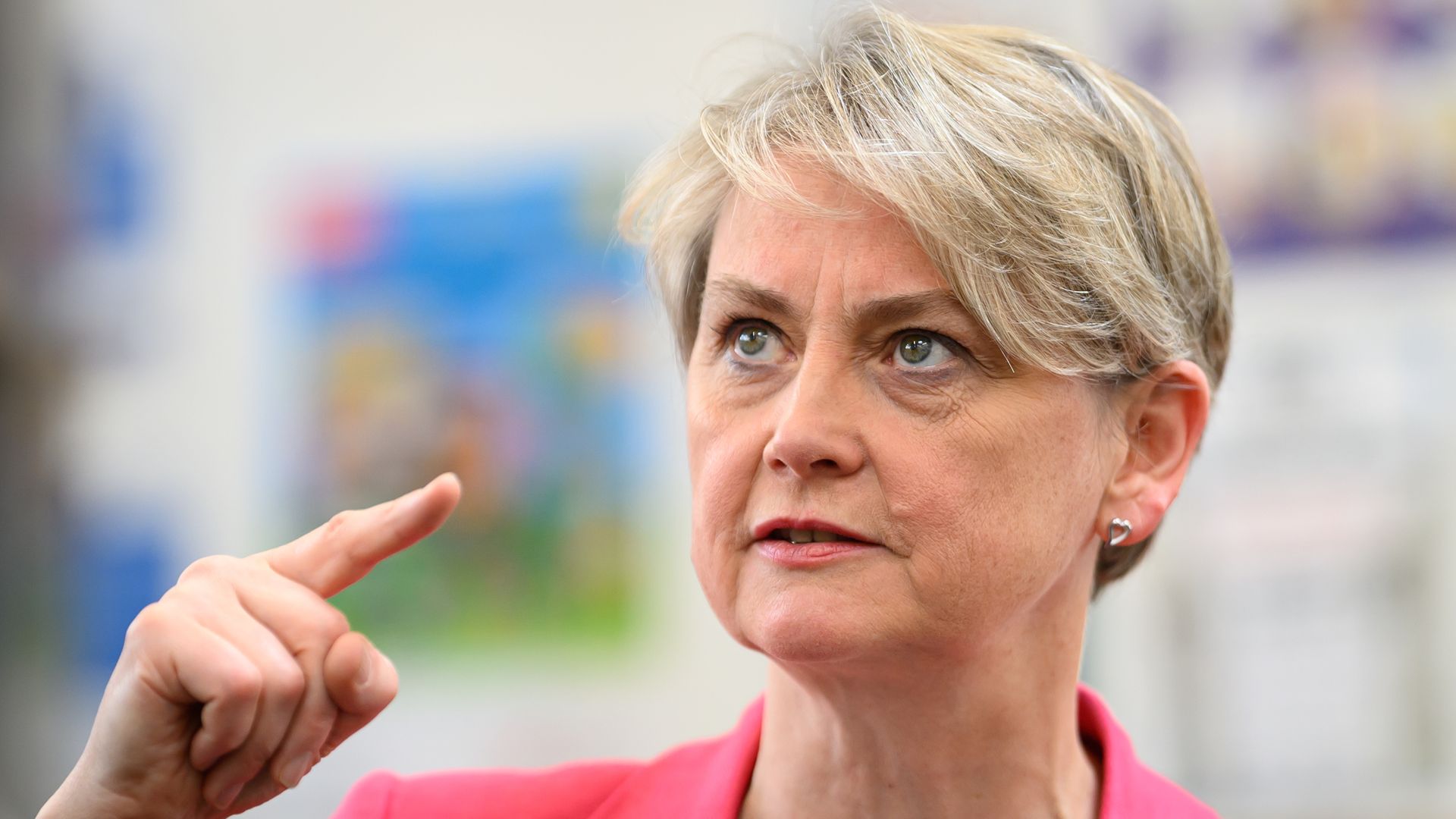We’ve been here before. Yvette Cooper is the third home secretary to promise to reform procedure for armed police officers after the shooting of Chris Kaba.
But then we have had three home secretaries in the past year: Tories Suella Braverman and James Cleverly and now Labour’s Ms Cooper.
It was when dozens of officers in London handed in their weapons after Metropolitan Police marksman Martyn Blake was charged, in September last year, that Ms Braverman launched a review.
Firearms officers “mustn’t fear ending up in the dock for carrying out their duties,” she declared. Her review would ensure they have the confidence to do their jobs, she said.
Yvette Cooper swerves budget questions – Politics latest
Then in March this year, Mr Cleverly announced that investigations into police officers suspected of committing offences in the line of duty would be “sped up”, to provide swifter clarity to both officers and victims.
“The government will amend the threshold for referring police officers for criminal prosecution, so that only cases that have a reasonable prospect of conviction should be referred,” the Home Office added.
Firearms officers accused of shooting someone dead will remain anonymous during trial, home secretary announces
Politics latest: Yvette Cooper announces new rule for firearms officers facing trial for shooting while on duty following Chris Kaba case
Wes Streeting to vote against assisted dying over end of life care concerns
So what happened to speeding up the reforms? Were they stalled by the July general election? Apparently not. Ms Cooper said it was right to wait until the end of Mr Blake’s trial before announcing changes. Fair point.
What are the changes, then? In a rare cross-party consensus between the two front benches, the home secretary has accepted all Mr Cleverly’s proposals, for which he was gracious in expressing his gratitude.
Please use Chrome browser for a more accessible video player
But she’s gone much further. The one audible cheer from the surprisingly few MPs in the chamber – only around 25 or so on both sides – came when she proposed a “presumption of anonymity” for police on trial up to a conviction.
In his measured response, Mr Cleverly spoke of the fear of reprisals against Mr Blake and his family. A real concern. There are reports of criminals putting a £10,000 bounty on his head in revenge for the shooting of Mr Kaba.
The cross-party consensus didn’t extend to the back benches, however. From the Labour benches, there were concerns about confidence in police among black communities from left-wingers Diane Abbott, Bell Ribiero-Addy and Kim Johnson.
And from the Reform UK duo of Lee Anderson and Richard Tice there were demands for more government backing for the police. Mr Tice said confidence in the police disciplinary process and the Crown Prosecution Service was collapsing.
The home secretary said the anonymity proposal will be part of the government’s Crime and Policing Bill, a bill Sir Keir Starmer has claimed “will take back our streets”. But it’s an unwieldy piece of legislation.
It already includes measures on neighbourhood policing, improving the vetting of police officers and tackling anti-social behaviour, retail crime, knife crime and violence against women and girls.
It hasn’t yet been introduced in parliament, however. So despite all the talk by successive home secretaries about speeding up reforming trials of armed police officers, the wait goes on.





